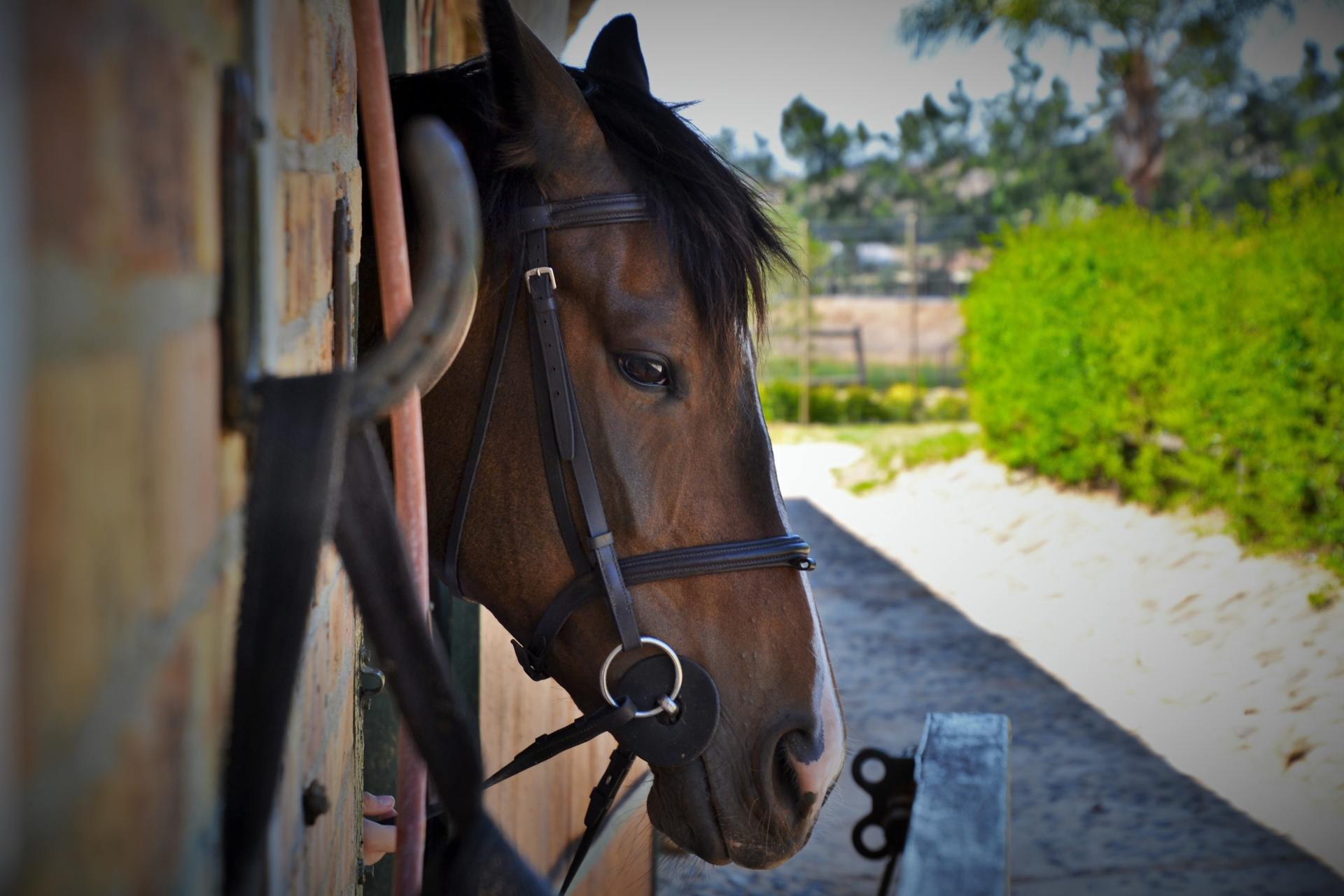1MG FlippingBooks
Deadly Hendra virus spreads further south in NSW
Hendra virus has been confirmed in an unvaccinated mare on a property near Scone in the Upper Hunter Valley, New South Wales.
The presence of the bat-borne disease, which is deadly to humans and horses, has health authorities monitoring a number of people in the New South Wales Hunter region who have been in contact with the horse affected by the deadly Hendra virus.
The infected mare was euthanised near Scone, Australia’s horse capital, after becoming unresponsive and showing an onset of neurological symptoms.
Following the outbreak, peak body Australian Veterinary Association (AVA), is reminding horse owners of the importance of Hendra virus vaccination to help prevent this deadly virus in their horses.
President of AVA’s Equine Veterinarians Australia group, Dr Cristy Secombe, says this latest death is particularly alarming as it is the furthest south that a Hendra case has been recorded in Australia.
“Hendra virus is a deadly virus,” says Dr Secombe. “For the benefit of horses and their owners, it is essential that horses located in, around or travelling to high-risk Hendra areas along the east coast, are vaccinated against Hendra virus.”
The virus was first identified in 1994, and since then there have been over 60 known Hendra incidents in Queensland and New South Wales, resulting in the death of over 100 horses.
Dr Secombe says that the vaccine, introduced in 2012, remains the most effective way to help manage the Hendra virus and is fully registered with the Australian Pesticides and Veterinary Medicines Authority.
For further information on the Hendra virus, you can find a comprehensive rundown on the AVA website.

















